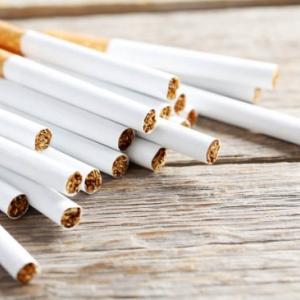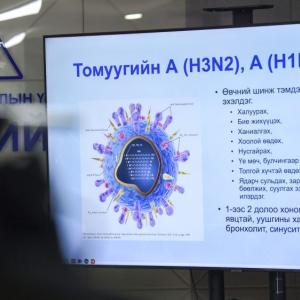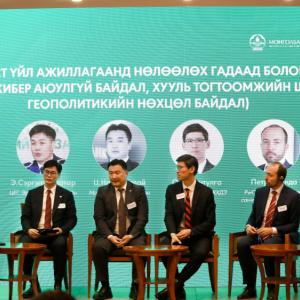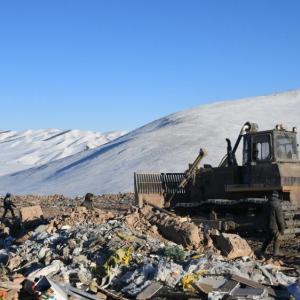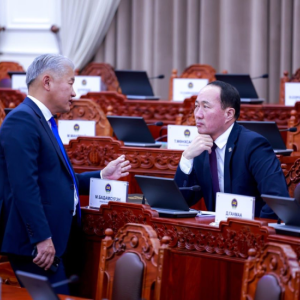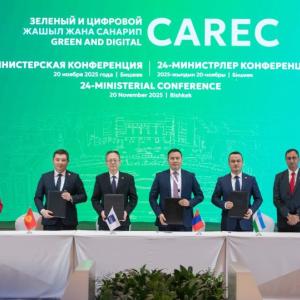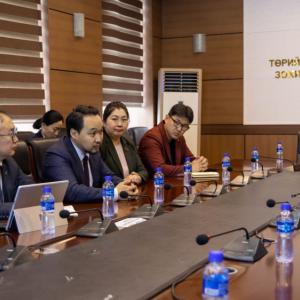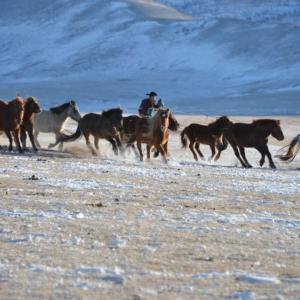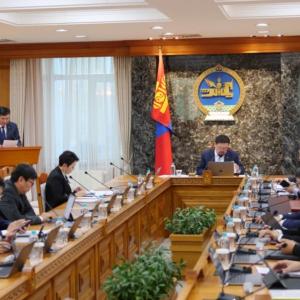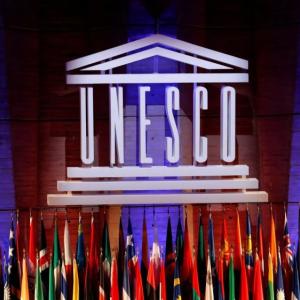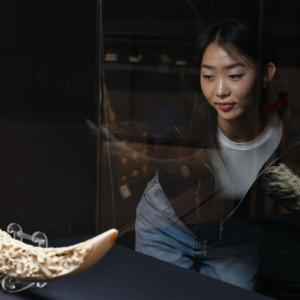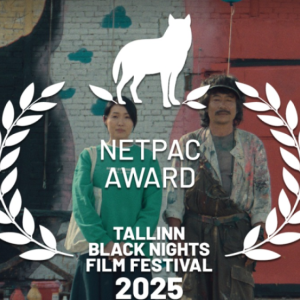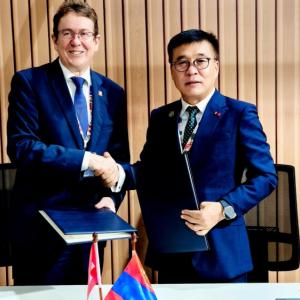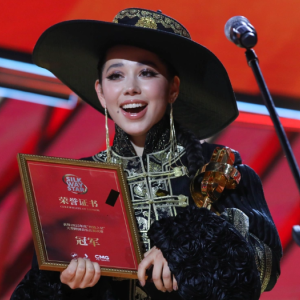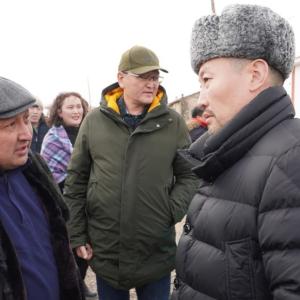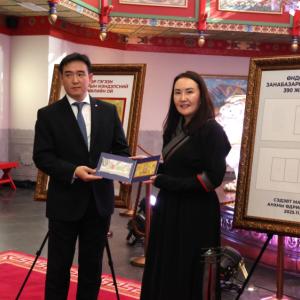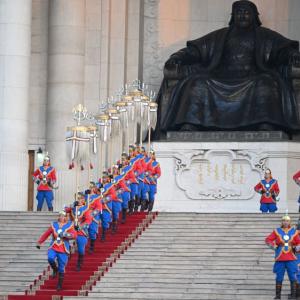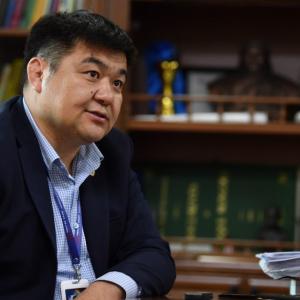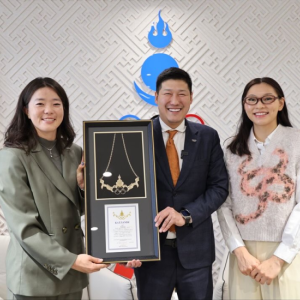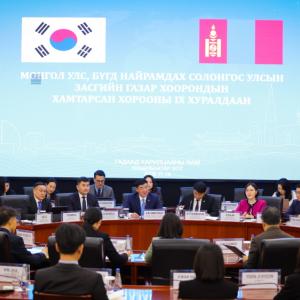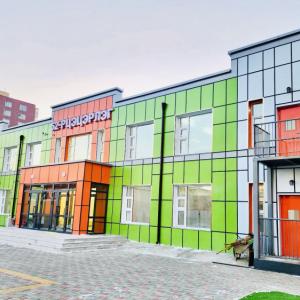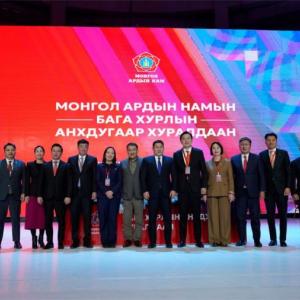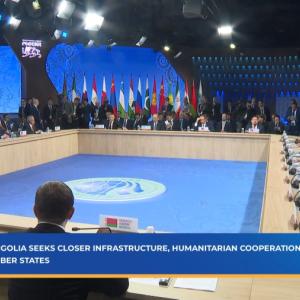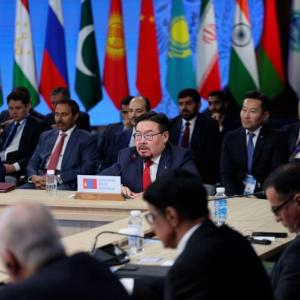Mongolian and Chinese Scientists Transform Coal Waste into Eco-Friendly Soil
Environment
Ulaanbaatar, July 9, 2024 /MONTSAME/. Scientists from Mongolia and China are collaborating to develop a technology that converts waste rock from coal mines into eco-friendly soil. The project details were presented on July 4, 2024, by researchers from both countries at the Mongolian University of Life Sciences (MULS).
The research project aimed at turning waste coal from mining
pits into soil has been completed, and the technology is now being tested at
the Booroljuut Power Plant, which is to be operational in the near future to supply
energy to the capital city.

The soil derived from coal waste rock can be used for ecological restoration in mining areas and as fertilizer in agriculture. Associate Professor Zhengzhong Feng from Shanxi University in China emphasized that this is an eco-friendly product.
"Shanxi Province has extensive coal reserves, and we have been testing and using the technology to produce soil and fertilizer from waste rock for several years. We are now pleased to transfer this technology to Mongolia and collaborate in producing valuable products," he stated.

MULS Rector, Professor B. Baasansukh, highlighted, "This is an eco-project that produces agricultural products based on the mining sector. It is the result of one of the 27 innovative projects MULS is conducting with foreign universities and organizations." The project, which involves processing waste coal to create soil, will also train specialists in China over a 2-3 year period.
D. Davaasuren, an environmental specialist from "Tsetsens Mining and Energy," the company operating the Booroljuut Power Plant, noted, "As we operate an open-pit lignite mine, we generate a lot of waste rock. Now, thanks to the collaboration between Mongolian and Chinese scientists and universities, we can fully process our waste to produce soil and fertilizer. We are pleased with this development."

He added, "Instead of piling up coal waste, we can use it to create green spaces and supply fertilizer made from the waste rock to nearby agricultural enterprises. This is an example of waste-free and responsible mining."

 Ulaanbaatar
Ulaanbaatar








